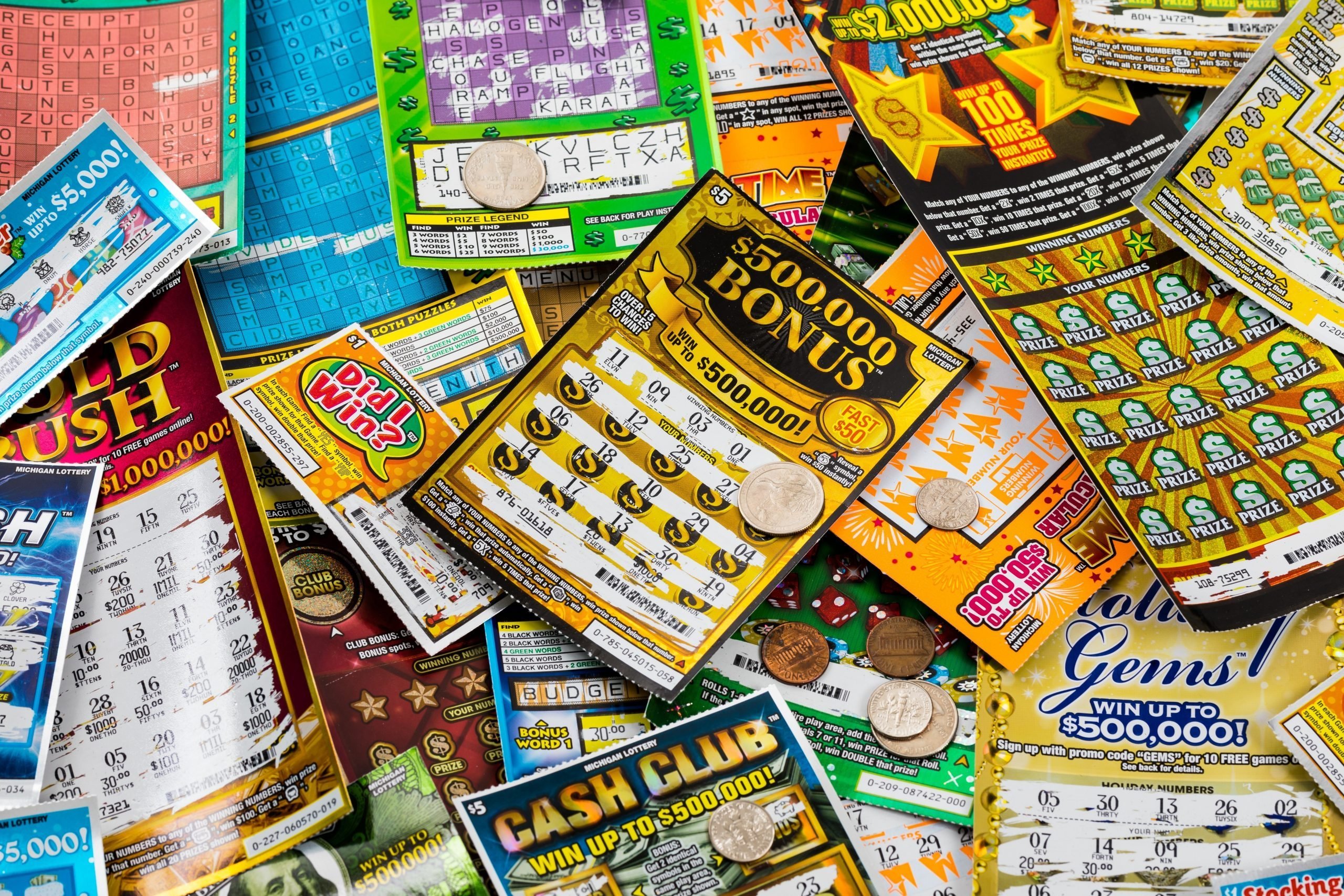By the early 1800s in the U.S., lotteries were very popular (along with winning the lillelottery), but abuse by private citizens meant that the government was not getting the profit to which it believed that it was entitled, and attempts began to outlaw lotteries. In the 1820s, New York passed the first constitutional prohibition of lotteries. One of the most effective methods of selling lottery tickets had been through post offices, but in 1827, a law was passed banning postmasters from selling them and in 1868, Congress declared that it was unlawful to use the mail for lotteries.
In 1856, the Act Concerning Lotteries expressly forbade all types of lotteries in Canada. This Act especially affected the Catholic Church, whose clergy had financed its mission from lottery proceeds for almost a hundred years. Winning the lottery was one of the few ways impoverished Irish immigrants had of getting rich.
By 1878, all states except Louisiana had prohibited lotteries, either by statute or in their constitution. The Louisiana Lottery was one of the most successful lotteries ever and ran tickets all over the country by pony express and mail post until it was outlawed. Winning the lottery became the same as “winning the Louisiana Lottery”. In its heyday, the Louisiana Lottery gained over 90% of its revenue from out of state sources but was surrounded by allegations of political bribery and corruption from its inception in 1868.
“Honesty pays, but it doesn’t seem to pay enough to suit some people.” – F. M. Hubbard
The U.S. Supreme Court started the 20th century by reaffirming the states’ use of police powers to control gambling, effectively ending all legal gambling in the United States, including the Louisiana Lottery. The Supreme Court ruled that lotteries had “a demoralizing influence upon the people.” Winning the lottery was no longer an optional path to wealth.
Lotteries, with their amazing history of funding public and private enterprise back to ancient times, were prohibited in the United States by constitutional provisions for the next 60 to 70 years.
It was not until the 1960s that lotteries got going once again in the United States. It is to Australia that we must look for the beginnings of modern lotteries. The state of Queensland introduced the Queensland State Lottery of Australia in 1917 and was the first lottery to start operations in the 20th century.
In 1930, the newly elected state government of New South Wales, led by Premier Jack Lang, decided the only course of action to solve the critical funding situation in the state’s hospitals was to start a State Lottery. This was during the Great Depression. Money was scarce and unemployment stood at 30%. There had been a major influenza epidemic 10 years previously and it was feared that the hospitals would not be able to cope with another. It was believed that the hope of winning the lottery would essentially cause the general public to fund the hospitals.


